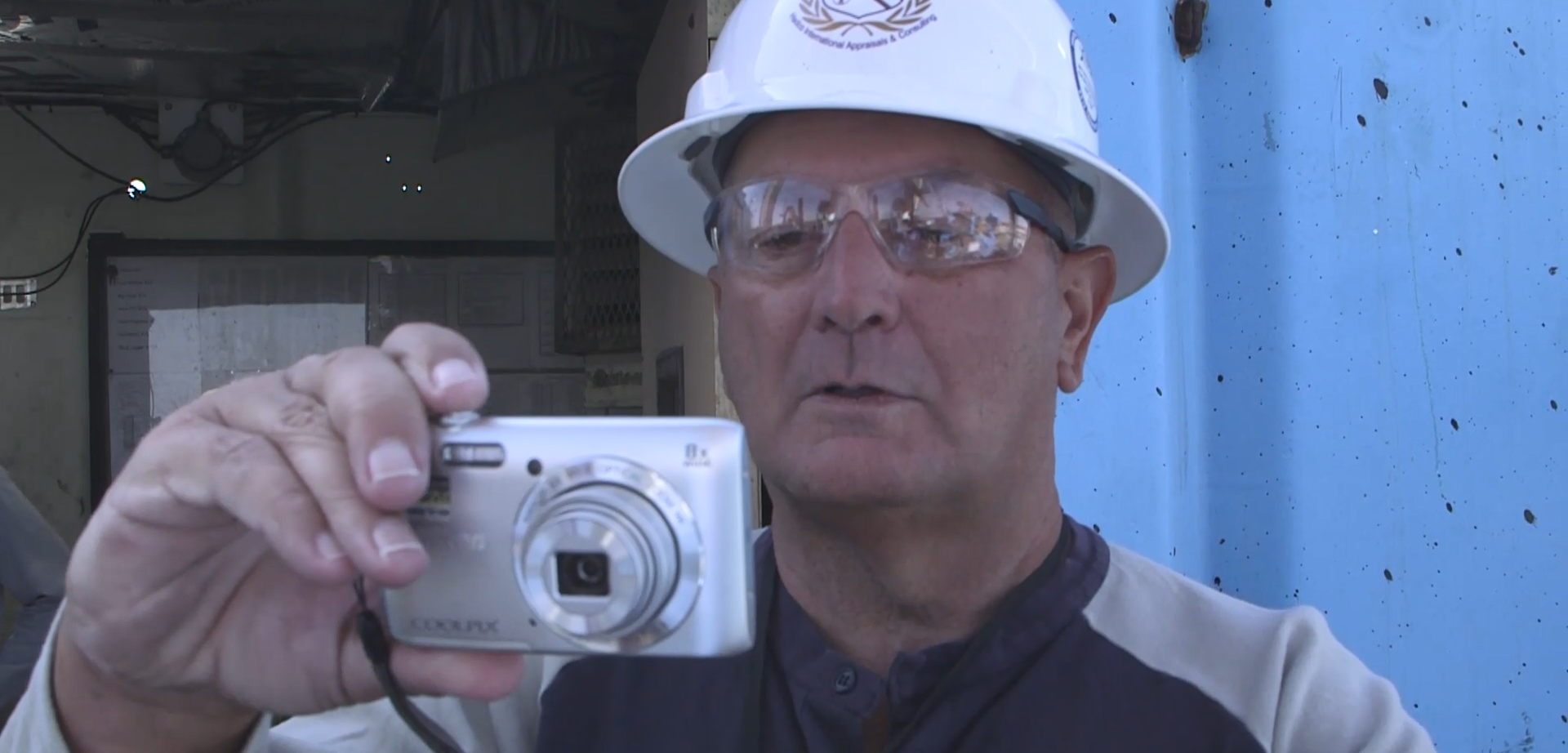A Certified Oilfield Appraiser is a professional expert in assessing the value of oilfields and the assets associated with them. This includes everything from the underground reserves to the equipment and infrastructure on the surface. Their appraisal forms the backbone for financial decisions, investments, and even legal proceedings related to oilfields.
Key Responsibilities and Skills
-
Valuation of Assets: Their primary task is to evaluate oil and gas reserves, drilling rigs, machinery, and other assets. This valuation is crucial for transactions, insurance, taxation, and legal disputes.
-
Market Analysis: They stay updated with market trends, commodity prices, and regulatory changes, which all influence the value of oilfield assets.
-
Technical Knowledge: They possess deep knowledge of geology, engineering, and the oil extraction process to accurately assess the potential and worth of oilfields.
-
Report Preparation: They prepare detailed reports that are used by oil companies, investors, and legal entities to make informed decisions.
Why is their Role Important?
-
Financial Decisions: Their appraisal helps in guiding investment decisions, determining asset values for mergers and acquisitions, and in securing loans.
-
Legal Clarity: In disputes involving assets, their unbiased valuation is critical for legal settlements.
-
Risk Management: By accurately assessing the value and potential of an oilfield, they help in mitigating financial risks.
How to Become a Certified Oilfield Appraiser?
Becoming a certified appraiser typically requires a combination of education, experience, and certification. A background in fields like geology, petroleum engineering, or finance is often beneficial. Professional certification, which might involve coursework and examinations, is usually offered by recognized appraisal institutions.
The Future Outlook
As the world gradually transitions to renewable energy, the role of an Oilfield Appraiser might evolve. However, given the current reliance on fossil fuels, their expertise remains highly relevant. Their role might expand to include appraisal of renewable energy assets, aligning their skills with the changing energy landscape.
In conclusion, a Certified Oilfield Appraiser plays a pivotal role in the oil and gas industry. Their expertise not only aids in financial and legal decision-making but also in strategic planning and risk management. As we navigate through the complexities of energy resources, the role of an Oilfield Appraiser becomes more critical than ever.

